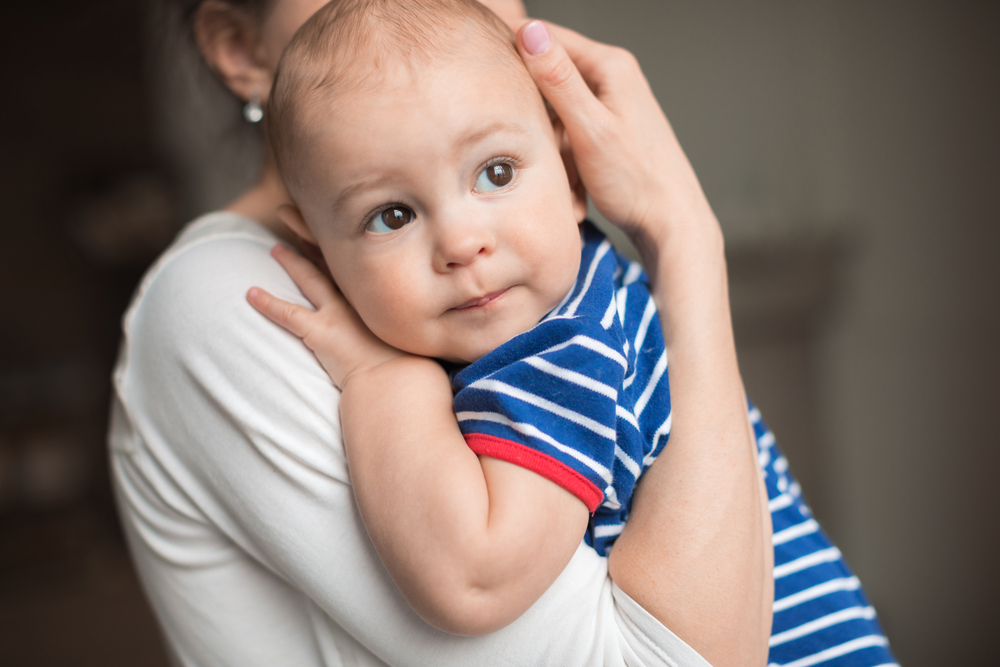Dutch victims of forced adoptions call for a public apology

Children who were forcibly taken from their unmarried mothers between the 1950s and 1980s are calling on the Dutch government to apologise for its role in the practice.
Their demand follows the publication of a long-awaited report, Schade door Schande, presented on Thursday by a government committee set up to investigate forced domestic adoption.
Some 15,000 children were adopted between 1956 and 1984, although not all adoptions were forced, the committee said. Earlier reports suggest 13,000 to 14,000 forced adoptions may have taken place.
The committee found that the mothers who were made to hand over their children suffered significant emotional harm. Many were coerced into giving up their children through pressure from family members, the church or social services, in a time when having a child outside marriage was seen as unacceptable.
The committee recommended that mothers receive formal recognition and support for the damage which has been caused to them. It also advised that children affected by the practice should receive help tracing their origins.
The report even suggested adding the subject to the Canon van Nederland, which highlights key events in Dutch history.
But the report stopped short of urging the government to offer a formal apology, a decision that has drawn sharp criticism from affected families. Barbalique Peters from the Verleden in Zicht (VIZ) foundation, which represents the children, described the findings as “bitterly disappointing”.
“The recommendations do not even come close to what we need,” said Peters, a lawyer who assists people searching for information about their early lives and who was also taken from her mother shortly after birth.
“We will not accept this. We will demand a formal apology that includes government accountability, access to records and restorative measures,” she told broadcaster NOS.
“These recommendations feel like they belong in the 1950s. The report reeks of outdated thinking. Without an apology, the shame remains — it is still as if the mother and child are to blame.”
Apologies
Unlike countries such as Ireland, Belgium, Scotland and Australia, the Netherlands has not issued an apology for forced adoptions. In March, the court of appeal in The Hague ruled that the state could not be held legally liable for the suffering caused to the mothers because the case was too old.
That case was brought by Trudy Scheele-Gertsen, who had her baby in 1968 at the age of 22 while living with nuns from the Paula Foundation in Gelderland. She gave birth blindfolded and never saw her child, first having contact with him in 2018. The boy spent the first three years of his life in care before being adopted.
Committee chairman Micha de Winter has defended the report, saying it provided a thorough account of how the system failed and who was responsible.
Thank you for donating to DutchNews.nl.
We could not provide the Dutch News service, and keep it free of charge, without the generous support of our readers. Your donations allow us to report on issues you tell us matter, and provide you with a summary of the most important Dutch news each day.
Make a donation